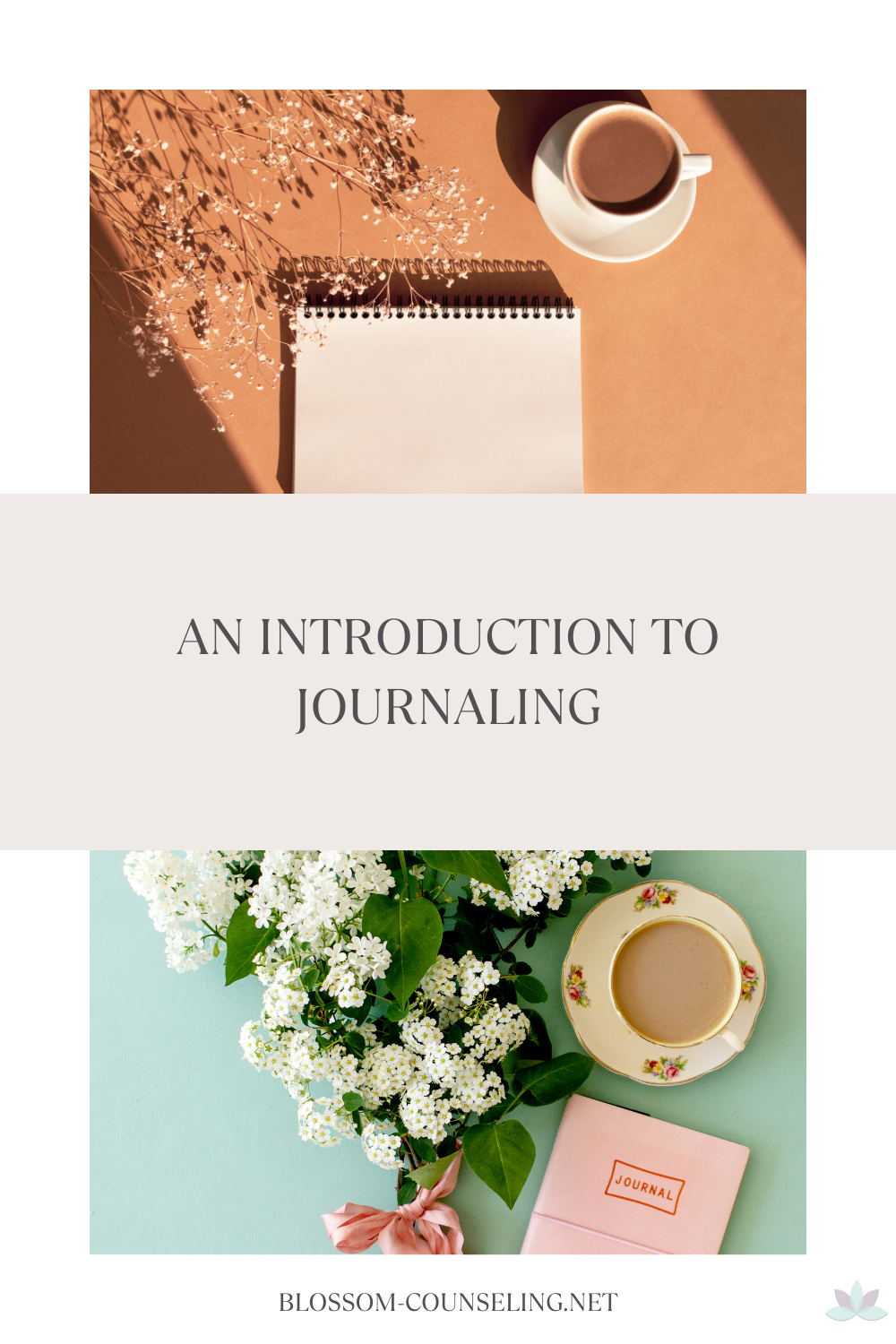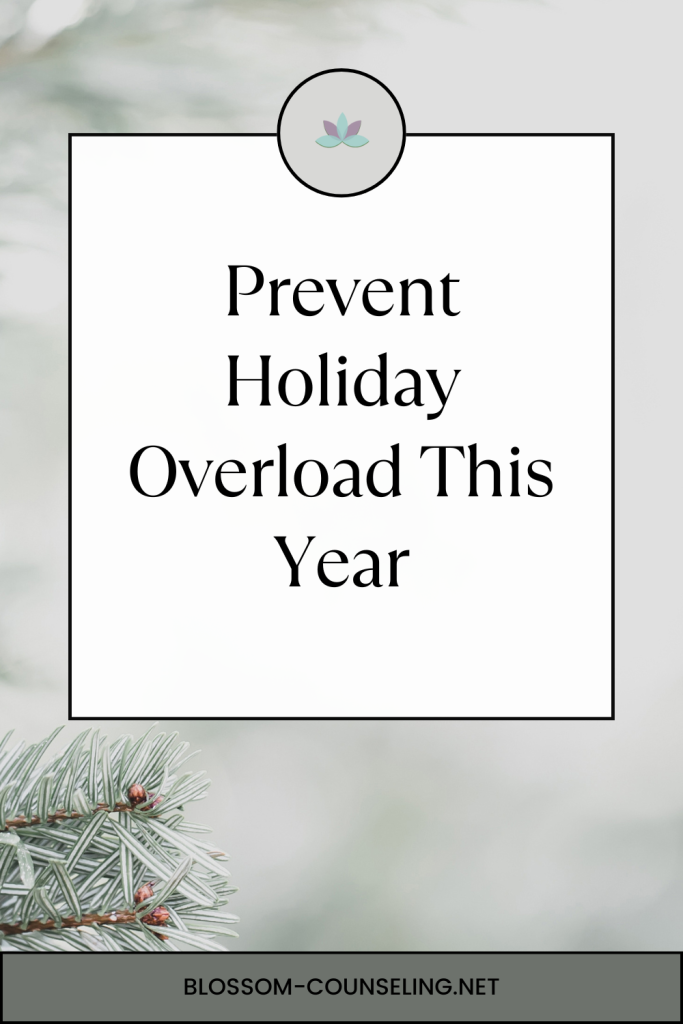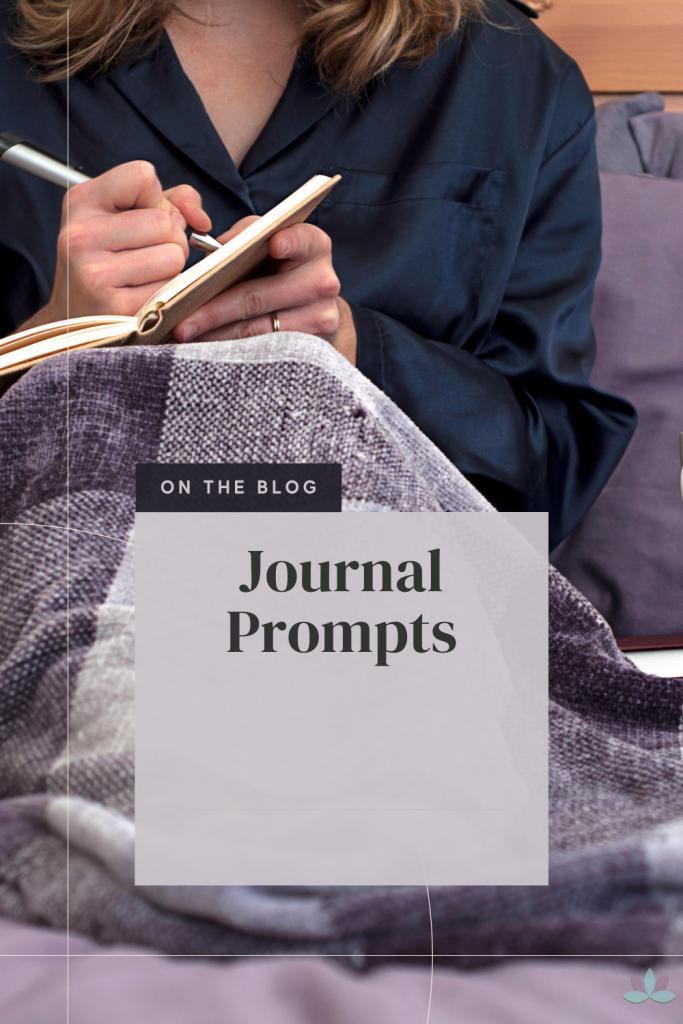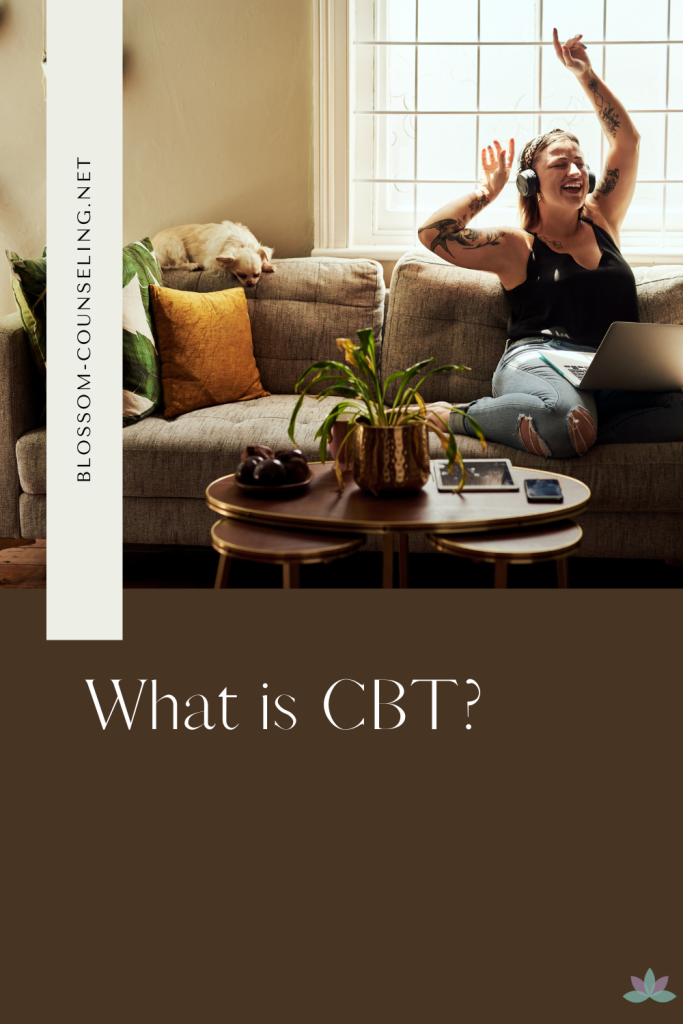
I’ll bet you write daily. Facebook posts. Instagram posts. Tweets. Texts. therapy journal
Recording our experiences is human nature – hey, how else have we gotten so many novels, textbooks, and research?
We can use our natural urge to record to our benefit! Journaling is a form of writing that not only records our thoughts, feelings, and experiences, but allows us the opportunity to process. Different from a diary, a journal contains details about your reactions, patterns, and perceptions, allowing opportunities for you to reflect and grow.
Gain control of your emotions and improve your mental health by starting a journal!
Benefits of Journaling
I love to suggest journaling (or even tracking/recording) to my clients. If you are someone who struggles with anxiety, depression, stress, or interpersonal issues, your journal can provide a safe place to spill out your feelings, thoughts, and experiences. It can be a great device to use in your therapy sessions, too, if you’re willing to share with your clinician! There are so many benefits to journaling; here’s a few:
- Clarity – Whatever you choose to write reflects you, just like a mirror. It allows you to get to know the real you, increasing your self-awareness. When we become more self-aware, it helps us to achieve our goals and get what we want out of life.
- Coping – Writing guides us through difficult situations, helps us confront discomfort, and exposes us to emotions and memories we may need some guidance on.
- Empathy – You can better understand others’ perspectives by looking at the situations objectively. Writing provides a platform on which you can explore dialogue, assertiveness skills, and how others may respond to your experience.
- Problem solving – Most problem solving occurs in our left brain (the logical side), which doesn’t always work depending on the problem at-hand. Journaling opens up your right brain – the creative, intuitive, emotional side – and can lead you to different solutions than your logic brain might.
- Catharsis and relaxation – Releasing your emotions helps you feel lighter and less tense. Since your journal is just for you, you can really let loose – judgement free! Say whatever you want, however you want. Letting go of tense feelings helps prevent ruminating (and unnecessary suffering).
- Tracking – When you start to write, you may notice patterns – in your own thoughts, feelings, and behaviors, or your experiences with others. Sometimes we only realize these patterns when we re-read our previous entries. By identifying a problem, you have an opportunity to make changes.
How to Start a Journal
All of those benefits sound great, right? Now let’s get you started! Any new habit is going to be met with some resistance, and it’s okay to feel unsure if you want to dive into journaling. Allowing yourself to feel vulnerable can take some time, and testing the waters is a wonderful place to start.
- Practice mediums – Some people like pen and paper. Others like journals with prompts included. And some prefer digital methods like apps, documents on their laptop, etc. Try out as many mediums as you want if you are having trouble deciding what’s most comfortable – and practical – for your lifestyle.
- Environment – Dedicate a comfy space for journaling. This will create a familiar, safe area that will put you in the zone for journaling. Surround yourself with things that relax you – soft blankets, dim lights, a wax warmer, or some music. Your spot should be distraction-free and private if possible.
- Habit – #Fact: You won’t benefit as much from your journal if you aren’t consistent with it. To get the most out of journaling, it needs to be a routine. Keep a regular schedule, even if you feel like you don’t have anything to write about. The self-discipline in and of itself will have a ripple effect to other parts of your life, which is an added bonus! Plan to write at least three days per week for at least 20 minutes at a time. Writing first thing in the morning or before bed can help you collect your thoughts. Write whatever feels right – no structure necessary. Eventually, I encourage you to write daily!
- Honesty – I’ll mention it again – your journal is a judgement-free zone, so let it rip! You may feel awkward, vulnerable, uncertain at first, but those feelings will subside as your routine builds. Your journal is for you, so the more honest you can be with yourself, the more benefit you’ll receive.
- Reflection – Aside from the cathartic value of journaling, you want to capitalize on your opportunities to grow. After every week, evaluate your entries. What can you learn from this week? What do you have to do to move past it? How can you improve the situation? Leave some space at the end of every week so that you can write down your reflections – maybe you notice a pattern in mood, or thoughts, or your relationships with others. These are all great to note!
What to Write About
It’d be easy for me to say, “Write whatever you want,” but of course, that’s really not helpful, huh? Here are some broad ideas of things you can focus on. Sometimes, you may benefit from making a theme each day, at least at the beginning until you get more comfortable and routined.
- Work
- Relationships
- Feelings
- Thoughts
- Nature
- Goals
- Accomplishments
- Gratitude
If you’re still struggling, check out some of our journal prompts!
Apps and Programs
If you know you don’t like pen and paper, but you’re unsure where to start, these programs may be worth a shot!




